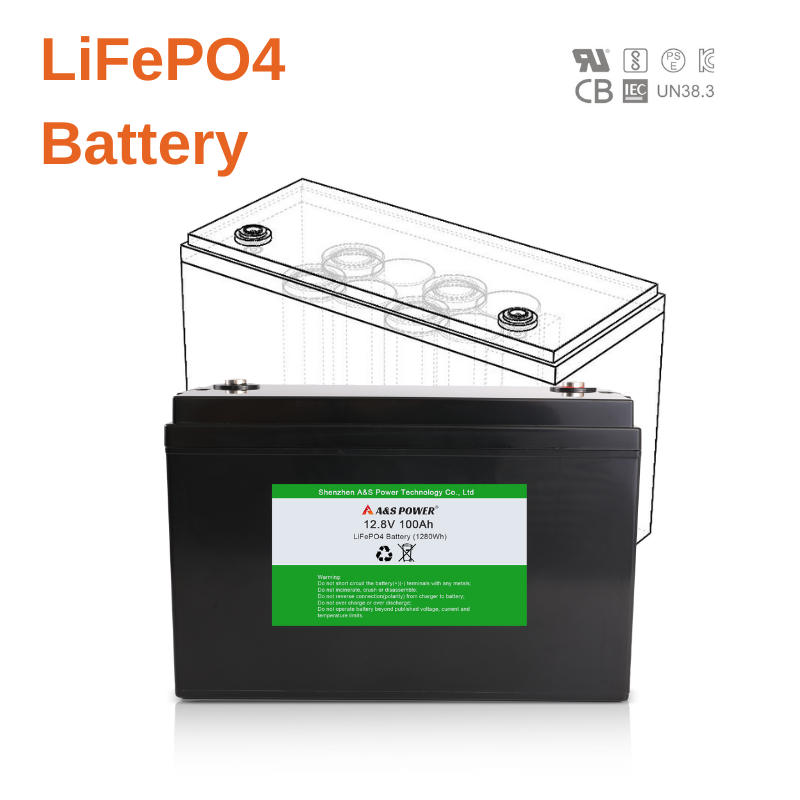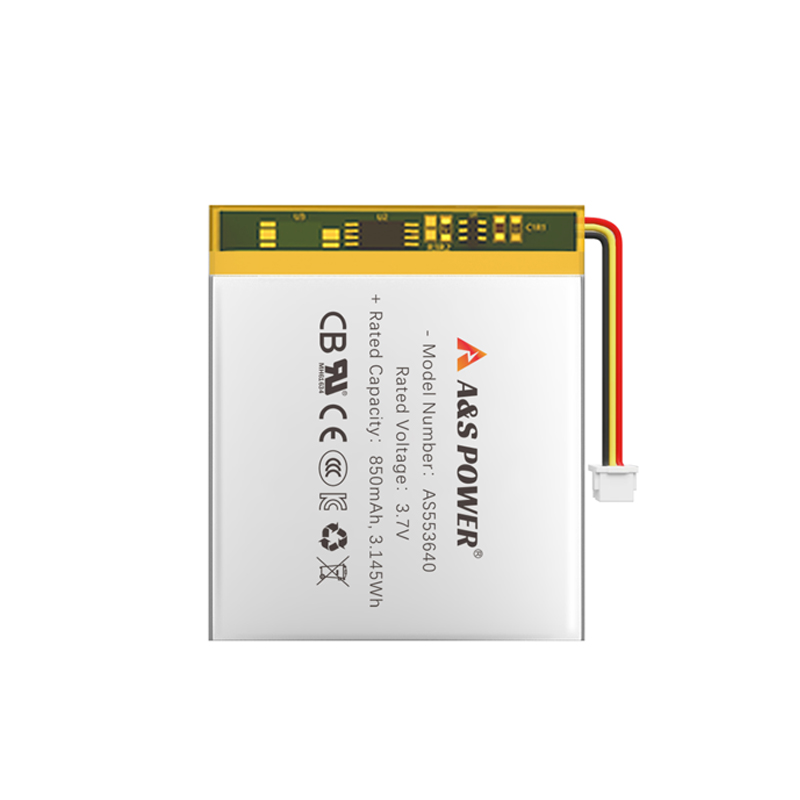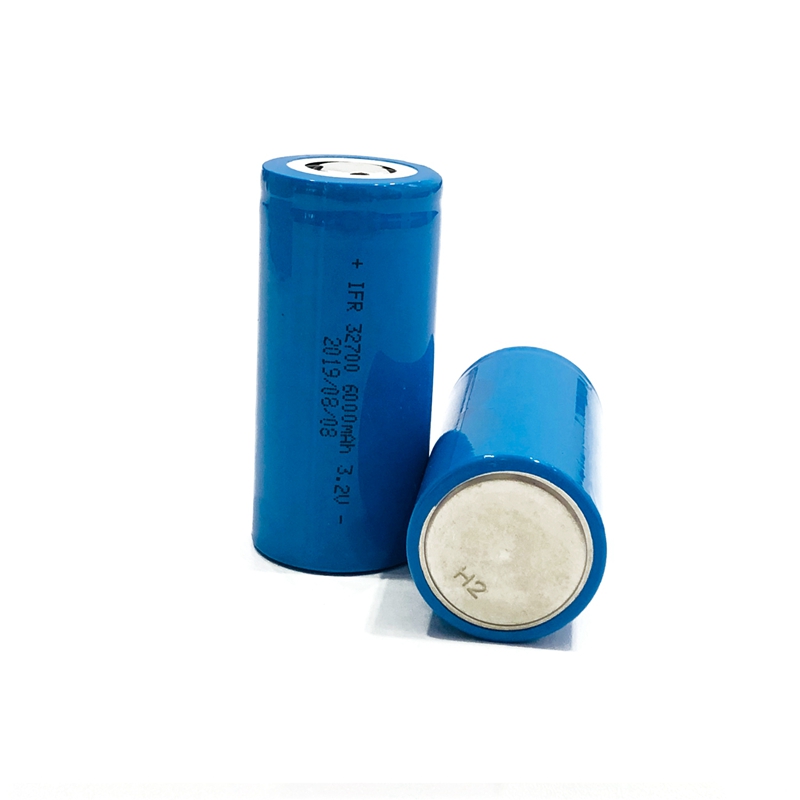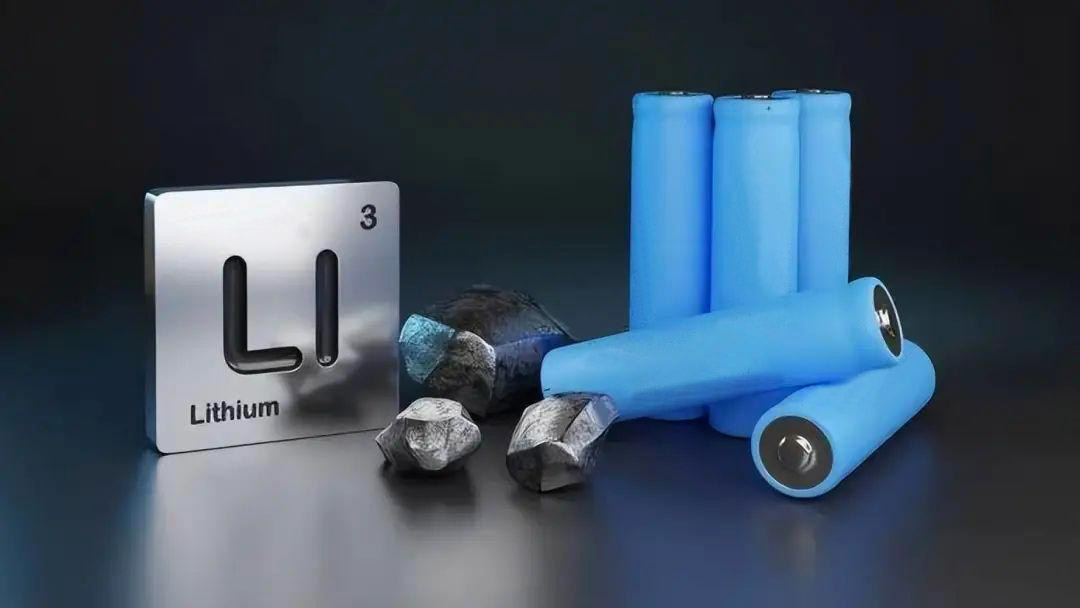Battery
Application
Hot product
Contact us
The Advantages And Disadvantages Of Lithium Polymer And Lithium Ion Batteries
2023-07-20
The Advantages And Disadvantages Of Lithium Polymer And Lithium Ion Batteries
Lithium polymer batteries (LiPo) and lithium-ion batteries (Li-ion), although both belong to lithium batteries, they each have some advantages and disadvantages. According to your needs and use scenarios, you can choose the battery type that is more suitable for you.
Lithium Polymer Battery (LiPo) :
Advantages:
1. Lightweight: Lithium polymer batteries are lighter than lithium-ion batteries and are more suitable for occasions where lightweight equipment is needed.
2. Flexible shape: Lithium polymer batteries can be made in a variety of shapes and sizes, making it easier to adapt to different device designs.
3. High discharge rate: Lithium polymer batteries usually have a high discharge rate, which is more suitable for equipment requiring instantaneous high power output (such as drones, remote control cars, etc.).
4. Energy density: Lithium polymer batteries have a high energy density in volume, which is suitable for devices that require thinning.
1. Safety: Compared with lithium-ion batteries, lithium polymer batteries are slightly less safe and prone to thermal runaway, fire or explosion.
2. Life: The cycle life of lithium polymer batteries is relatively short, which means that after a certain number of charge and discharge cycles, the battery capacity will decrease significantly.
3. Cost: The production cost of lithium polymer batteries is relatively high.
Lithium-ion battery (Li-ion) :
Advantages:
1. Long life: Lithium-ion batteries have a long cycle life and are more suitable for long-term use.
2. Lower cost: Compared with lithium polymer batteries, the production cost of lithium-ion batteries is lower.
3. Safety: Compared with lithium polymer batteries, lithium-ion batteries have higher safety and less risk of failure.
Cons:
1. Weight: Lithium-ion batteries are usually heavier than lithium-polymer batteries.
2. Shape limitation: The shape of lithium-ion batteries is usually more regular and cannot be customized as flexibly as lithium polymer batteries.
3. Energy density: Although the energy density of lithium-ion batteries is higher in quality, it is slightly lower than that of lithium-polymer batteries in volume.
In general, lithium-polymer batteries and lithium-ion batteries each have advantages and disadvantages. Which battery you choose depends on your needs and usage scenarios.
If your device needs light weight, flexible shape, high energy density, and instantaneous high power output, then lithium polymer batteries may be more suitable for you. Lithium polymer batteries are commonly used in areas such as drones, smartphones, tablets and wearable devices.
However, if your device requires a long life, lower cost, and higher safety, then lithium-ion batteries may be a better choice. Lithium-ion batteries are widely used in notebook computers, electric vehicles, household appliances and power reserves.












